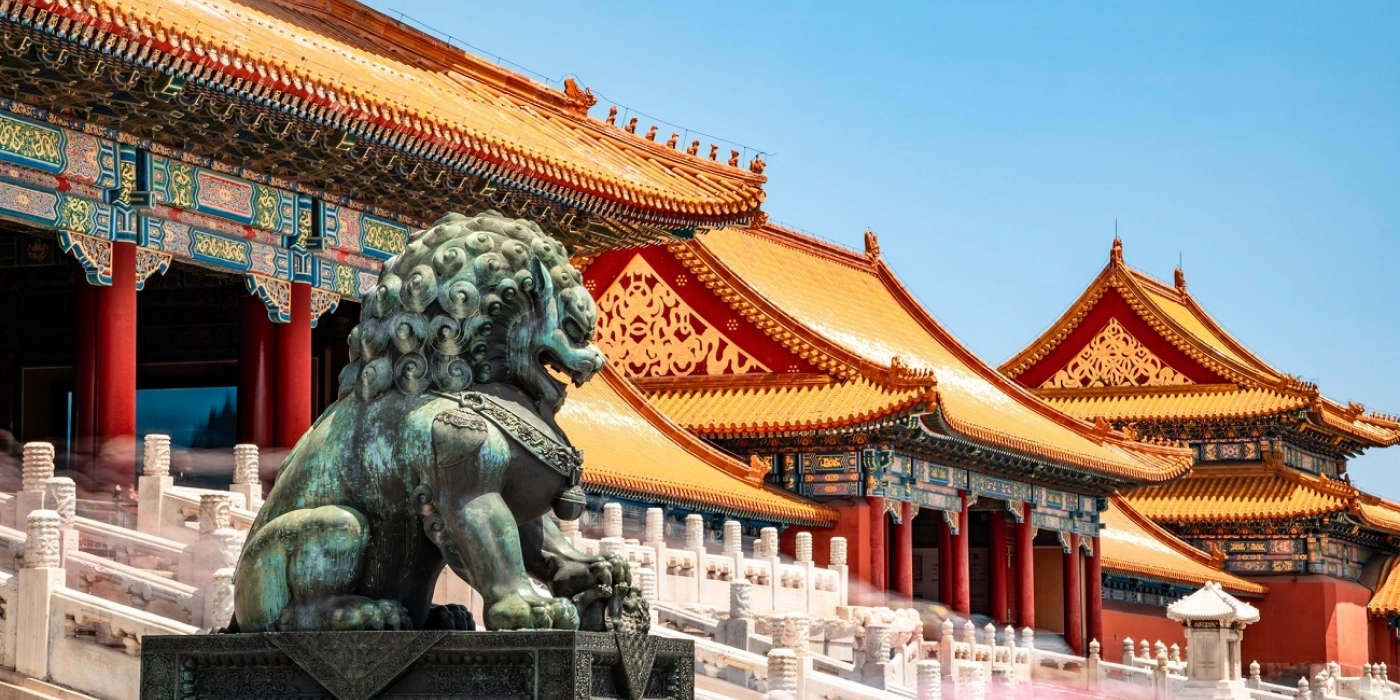
Fireside Chats – Asia Insights: China’s Dual Circulation Strategy; clear aim, tricky implementation.
Emerging Markets | 3 min video November 2020

Technology | 2 min read | December 2020
The “dual circulation strategy” (DCS) was first introduced by President Xi Jinping in May 2020. DCS is a combination of import substitution and domestic demand expansion. It seems to be a natural growth strategy for a nation that has the world’s largest population and the second largest economy yet remains a middle-income country. We see strong implications in a number of areas from property markets, interest rates, currency, urbanization, food and energy policies, the Belt and Road Initiative (BRI) and Beijing’s drive to invest in high-end manufacturing.
DCS is a recognition that an over-reliance on global supply chains poses a risk for China. Effectively, it marks a slowdown or withdrawal from ambitious global expansion plans. However, we identify three actionable strategies: diverting funding to high-end manufacturing, reducing dependence on food and energy imports, and slowing the growth of, or even cutting, overseas lending and investment.
To develop high-end manufacturing including chip making, Beijing is formulating a set of plans to divert capital towards investment in this area, including revamping the stock markets to channel capital towards high-end manufacturing, limiting financing for property markets (and to some extent financing for local governments) and directly increasing state financial subsidies.
To reduce its dependence on food imports, Beijing needs to save arable land, and thus may favor developing large cities with high population densities when formulating its urbanization strategy. This strategy could have strong implications for population flows, infrastructure investment, property development and agriculture. In addition, as the world’s largest energy importer, China may further strengthen its lead in renewable energy.
Finally, and unfortunately, DCS could potentially mean less overseas lending and investment due to Beijing’s gradual withdrawal from global investment plans, particularly the BRI which was previously viewed as a partial solution to address China’s overcapacity in some sectors and to extend its strength in some others.
China’s DCS could have an adverse effect on Asia’s exports of high-end manufactured products, food, energy and other products. However, this could create potential winners in ASEAN and India, as multinational corporations scout for the next manufacturing hub after China.
On the other hand, DCS will likely be positive for Japan in the longer run, as further GVC diversification and a reduced BRI turns favorable for production equipment manufacturers and construction industries. Negative implications from DCS are also likely for Australia, the largest exporter of metallurgical coal and iron ore globally, and the second biggest exporter of thermal coal.
To learn more about China’s dual circulation strategy and its implications, read our full report here.

Chief China Economist

China economist

Asia Economist
This content has been prepared by Nomura solely for information purposes, and is not an offer to buy or sell or provide (as the case may be) or a solicitation of an offer to buy or sell or enter into any agreement with respect to any security, product, service (including but not limited to investment advisory services) or investment. The opinions expressed in the content do not constitute investment advice and independent advice should be sought where appropriate.The content contains general information only and does not take into account the individual objectives, financial situation or needs of a person. All information, opinions and estimates expressed in the content are current as of the date of publication, are subject to change without notice, and may become outdated over time. To the extent that any materials or investment services on or referred to in the content are construed to be regulated activities under the local laws of any jurisdiction and are made available to persons resident in such jurisdiction, they shall only be made available through appropriately licenced Nomura entities in that jurisdiction or otherwise through Nomura entities that are exempt from applicable licensing and regulatory requirements in that jurisdiction. For more information please go to https://www.nomuraholdings.com/policy/terms.html.

Jump to all insights on Technology

Emerging Markets | 3 min video November 2020
Economics | 3 min read November 2020
Emerging Markets | 34 min video November 2020